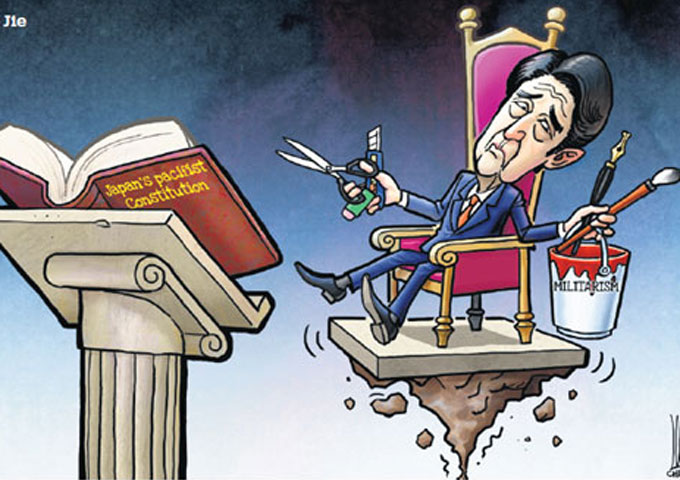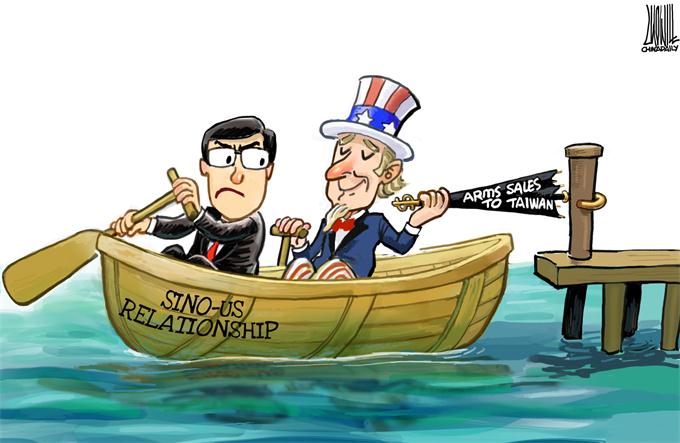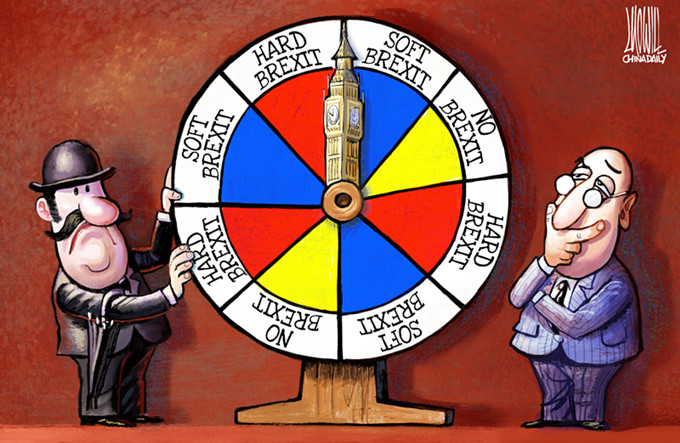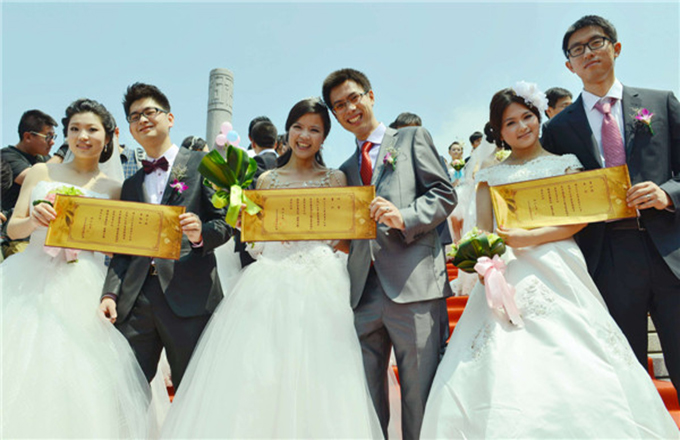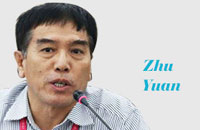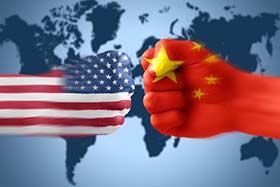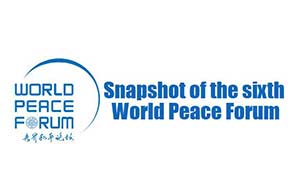Ambitious agenda marks G20 summit
The G20 summit in Hamburg, Germany, takes place against the background of a rapidly changing global situation. For the host, German Chancellor Angela Merkel, the three key questions are: How Germany can ensure the G20 partners continue to promote free trade and reject protectionism? How to save the Paris climate change agreement? And how to strengthen multilateral institutions against a broad anti-globalization trend?
These are Herculean tasks and may be beyond one G20 leader. Merkel surprised many by questioning whether Europe could still rely on the United States after US President Donald Trump's visits to the European Union and NATO headquarters in Brussels, and Sicily (to attend the G7 summit). She said Europe would have to do more for its own security given Trump's ambivalence on NATO, rejection of the Paris climate change agreement and "America First" trade policy. Other European leaders, with the exception of British Prime Minister Theresa May, supported Merkel. But most other G20 countries are seeking their own bilateral trade deals with the US and there is unlikely to be a 19-1 situation at the two-day Hamburg summit that begins on Friday.
Merkel will, however, seek to coax the US back into the Paris climate agreement, for which she should have the support of most of the other G20 members. Even though she may not succeed, she has to make the effort, not least because climate change is a top priority for German voters, and Germany is set to go to the polls in September. Merkel will also seek agreement to strengthen the multilateral institutions but again this may run into opposition from the Trump administration.
At the preparatory meetings for the summit, the US refused to agree any wording supporting free trade or combating protectionism, reflecting the internal disputes in the Trump administration over the future course of US trade policy. Trump has already pulled the US out of the Trans-Pacific Partnership agreement and announced that he wants to renegotiate the North American Free Trade Agreement. The prospects for a transatlantic trade agreement are unknown. And given the impasse on trade, it is unlikely that there will be any agreement on strengthening the World Trade Organization or any related bodies.
Regional security issues, migration and refugee flows, poverty, hunger and epidemics will be included on the G20 agenda. Berlin will also seek to reduce the likelihood and negative impact of possible future crises through forward-looking cooperation. In Merkel's view, supported by the EU, the need for international cooperation with a view to shaping growing global connectivity for the benefit of all has never been greater.
As the G20 chair, Germany will press other members to implement structural reforms and stability-oriented macroeconomic policies with focus on the resilience of individual economies. Germany has never been a fan of borrowing or allowing national debt to get out of hand. But here it may face opposition from Japan as well as some EU members, including France and Italy. In addition, Berlin will continue to promote cooperation on international financial and taxation issues, employment, and trade and investment. The Hamburg summit will review the numerous pledges agreed at last year's summit in Hangzhou, East China's Zhejiang province, including on corruption and money laundering.
Since Germany wants the G20 to accept that tackling migration and refugee flows is a shared responsibility, Merkel may emphasize the need for a stronger commitment to end the conflict in Syria and to further develop approaches in order to ensure Africa's sustainable economic progress. This will be linked to a discussion on agriculture, water supplies, energy, healthcare and food security.
Like China last year, Germany can be expected to organize an efficient summit. But even the best-prepared summits can be hijacked by sudden emergencies, so the arrangements, apart from being efficient, should also be flexible. And if Merkel can achieve even half of her ambitious agenda, then the summit can be described as a success.
The author is the director of the EU-Asia Centre in Brussels.




